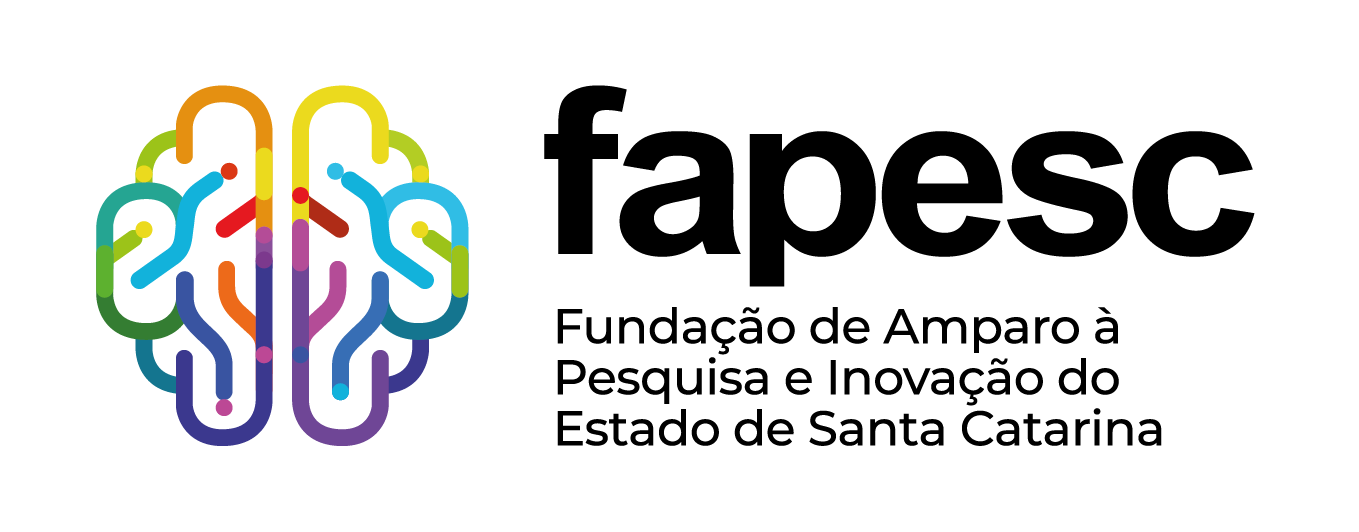COMO ESTUDAR E COMO APRENDER
RESENHA CRÍTICA
DOI:
https://doi.org/10.7867/1809-03542022e10951Palavras-chave:
resenha, aprendizagem, memóriaResumo
MIRA Y LÓPEZ, E. Como estudar e como aprender. Tradução de Felipe Denardi. Campinas: Editora Kirion, 2020. 92 p.
Downloads
Referências
BJORK, E. L.; BJORK, R. A. Making Things Hard on Yourself, But in a Good Way: Creating Desirable Difficulties to Enhance Learning. In: GERNSBACHER, M. A. et al. (org.). Psychology and the Real World: Essays Illustrating Fundamental Contributions to Society. [S. l.]: Worth Publishers, 2011. p. 55–64.
BLUNT, J. R.; KARPICKE, J. D. Learning with retrieval-based concept mapping. Journal of Educational Psychology, [s. l.], v. 106, n. 3, p. 849–858, 2014. Disponível em: http://doi.apa.org/getdoi.cfm?doi=10.1037/a0035934.
CANTOR, A. D. et al. Multiple-choice tests stabilize access to marginal knowledge. Memory & Cognition, [s. l.], v. 43, n. 2, p. 193–205, 2014. Disponível em: http://link.springer.com/10.3758/s13421-014-0462-6.
CEPEDA, N. J. et al. Spacing Effects in Learning: A Temporal Ridgelineof Optimal Retention. Psychological Science, [s. l.], v. 19, n. 11, p. 1095–1102, 2008.
DEWAR, M. et al. Brief Wakeful Resting Boosts New Memories Over the Long Term. Psychological Science, [s. l.], v. 23, n. 9, p. 955–960, 2012.
DIEKELMANN, S.; BORN, J. The memory function of sleep. Nature Reviews Neuroscience, [s. l.], v. 11, n. 2, p. 114–126, 2010. Disponível em: http://dx.doi.org/10.1038/nrn2762.
DUNLOSKY, J. et al. Improving students’ learning with effective learning techniques: Promising directions from cognitive and educational psychology. Psychological Science in the Public Interest, Supplement, [s. l.], v. 14, n. 1, p. 4–58, 2013.
EKUNI, R. et al. A Conceptual Replication of Survey Research on Study Strategies in a Diverse, non-WEIRD Student Population. Scholarship of Teaching and Learning in Psychology, [s. l.], n. online first publication, p. 1–14, 2020.
KARPICKE, J. D.; BUTLER, A. C.; ROEDIGER, H. L. Metacognitive strategies in student learning: Do students practise retrieval when they study on their own?. Memory, [s. l.], v. 17, n. 4, p. 471–479, 2009. Disponível em: http://www.ncbi.nlm.nih.gov/pubmed/19358016.
MCDERMOTT, K. B. Practicing Retrieval Facilitates Learning. Annual Review of Psychology, [s. l.], v. 72, p. 609–633, 2021.
MIYATSU, T.; NGUYEN, K.; MCDANIEL, M. A. Five Popular Study Strategies: Their Pitfalls and Optimal Implementations. Perspectives on Psychological Science, [s. l.], v. 13, n. 3, p. 390–407, 2018.
MOREHEAD, K.; RHODES, M. G.; DELOZIER, S. Instructor and student knowledge of study strategies. Memory, [s. l.], v. 24, n. 2, p. 257–271, 2015.
MORRIS, C. D.; BRANSFORD, J. D.; FRANKS, J. J. Levels of processing versus transfer appropriate processing. Journal of Verbal Learning and Verbal Behavior, [s. l.], v. 16, n. 5, p. 519–533, 1977.
ROHRER, D.; PASHLER, H. Learning styles: Where’s the evidence? Medical Education, [s. l.], v. 46, n. 7, p. 634–635, 2012.
WOOD, S. et al. Psychostimulants and cognition: A continuum of behavioral and cognitive activation. Pharmacological Reviews, [s. l.], v. 66, n. 1, p. 193–221, 2014.
Downloads
Publicado
Como Citar
Edição
Seção
Licença
Os direitos autorais para artigos publicados nesta revista são do(a) autor,(a) com direitos de primeira publicação para a revista. Em virtude de aparecerem nesta revista de acesso público, os artigos são de uso gratuito, com atribuições próprias, em aplicações educacionais e não-comerciais. A revista permitirá o uso dos trabalhos publicados para fins não-comerciais, incluindo direito de enviar o trabalho para bases de dados de acesso público.
Os textos publicados são de integral e exclusiva responsabilidade do(a) autor(a) e co-autor(a/es).
• O(a) autor(a) e co-autor(a/es) autoriza(m) a publicação do texto na revista;
• O(a) autor(a) e co-autor(a/es) garante(m) que a contribuição é original e inédita, e que ela não se encontra em avaliação em outra(s) revista(s);
• A revista não se responsabiliza pelas opiniões, ideias e conceitos emitidos nos textos, por serem de inteira responsabilidade do(a) autor(a) e co-autor(a/es);
• É reservado aos editores o direito de promover ajustes textuais e de adequação do texto às normas de publicação;
• O(a) autor(a) e co-autor(a/es) declaram que o texto não é objeto de quaisquer conflitos de interesse.

This work is licensed under a Creative Commons Attribution 4.0 International License.

